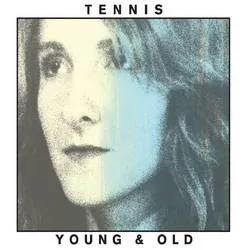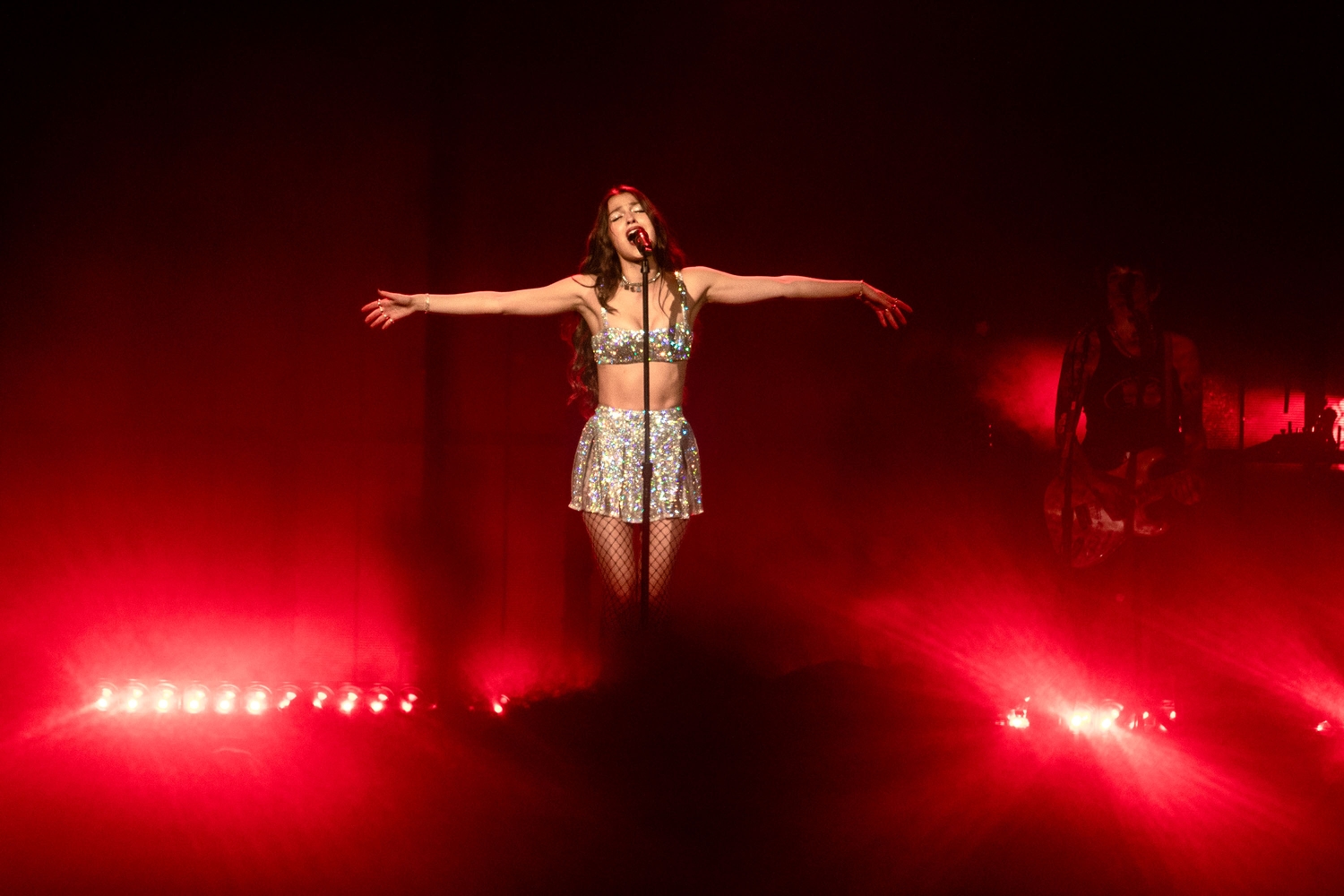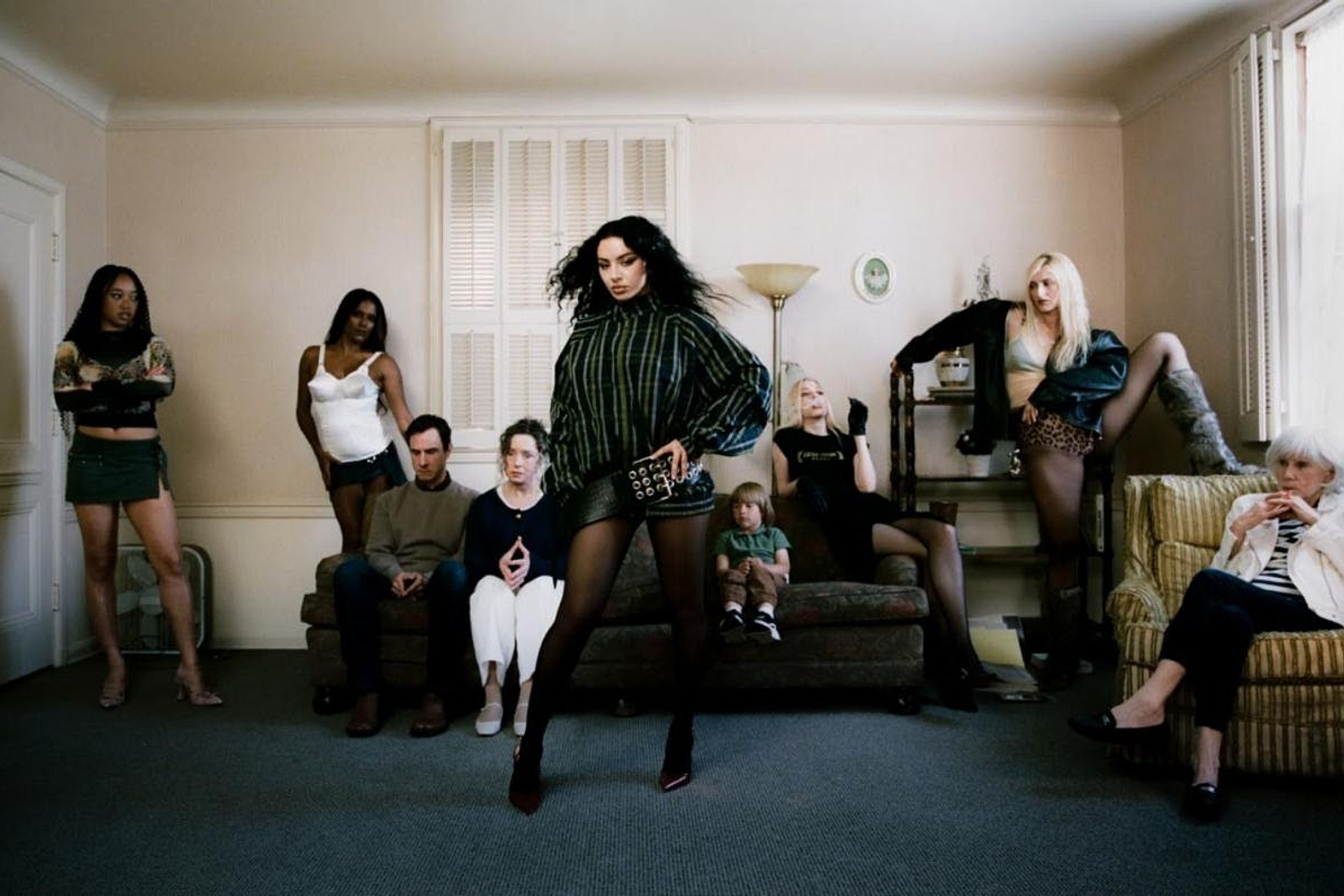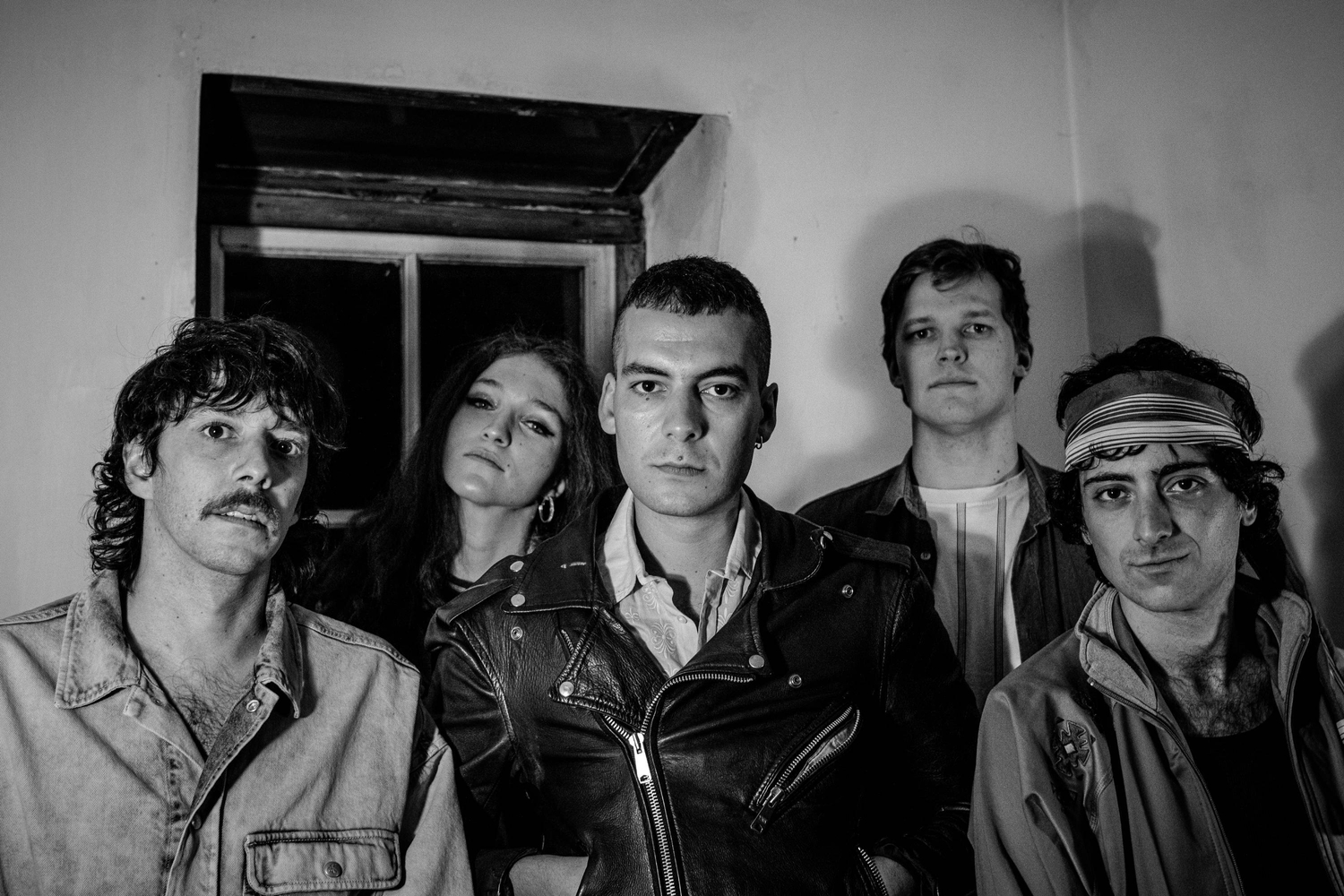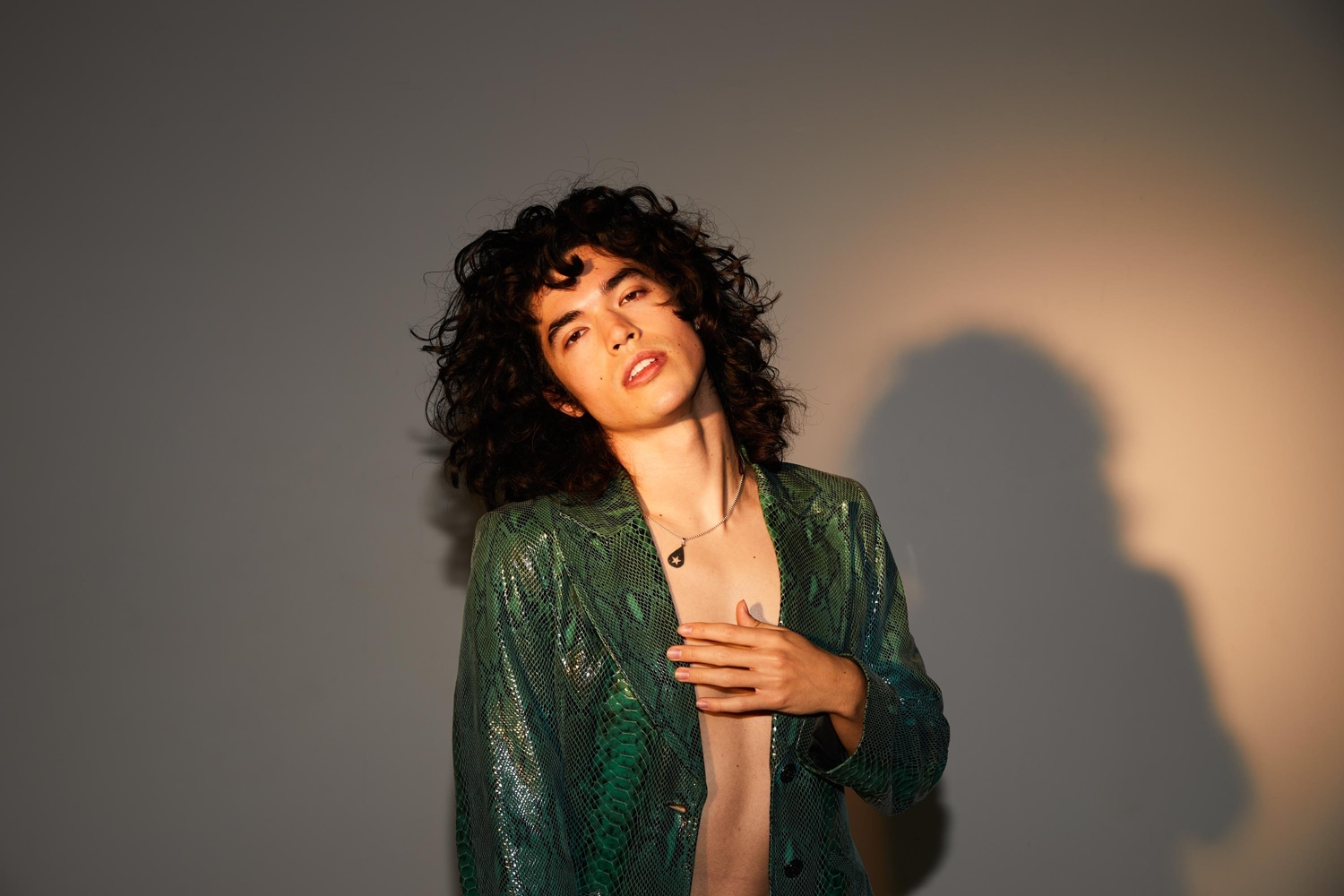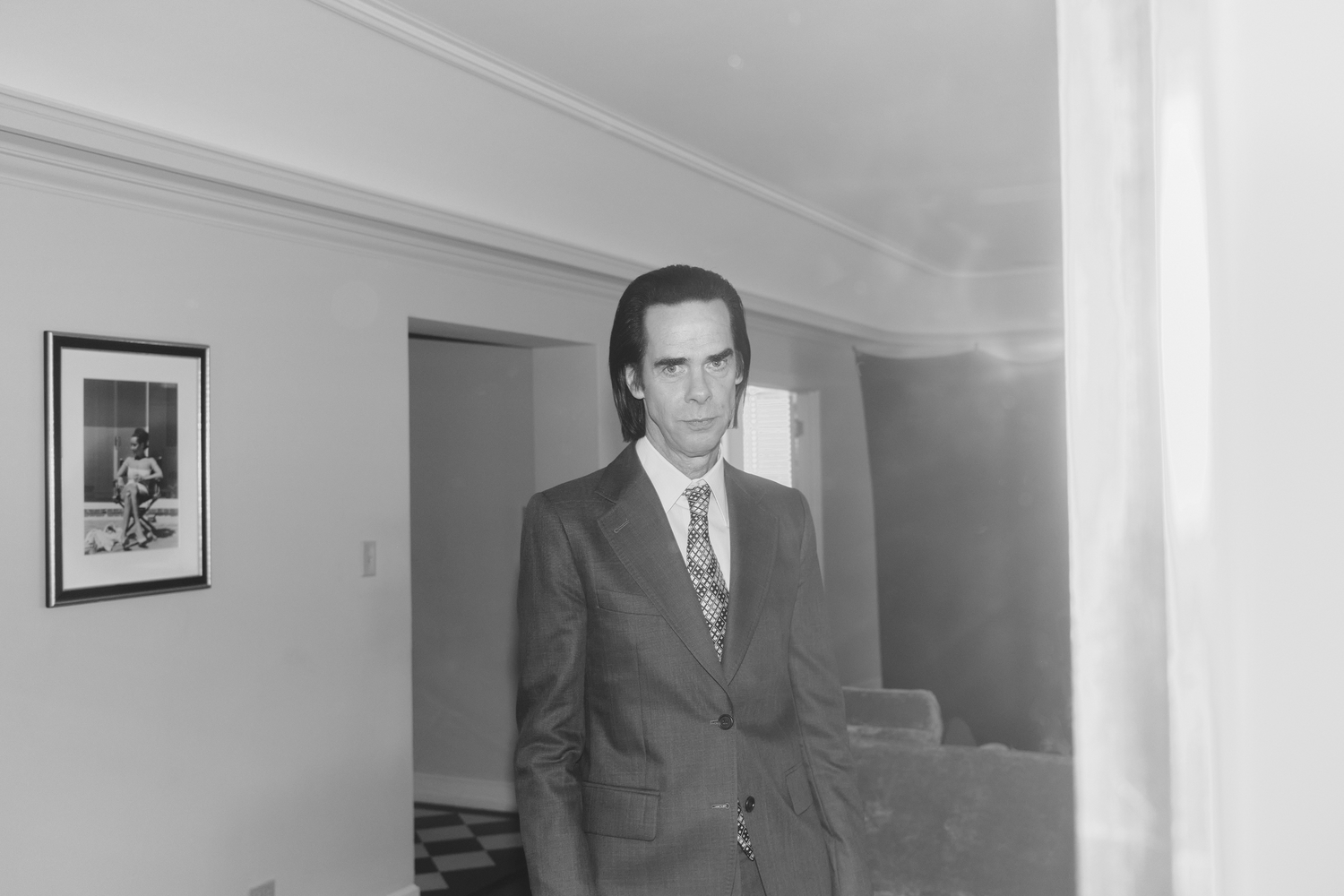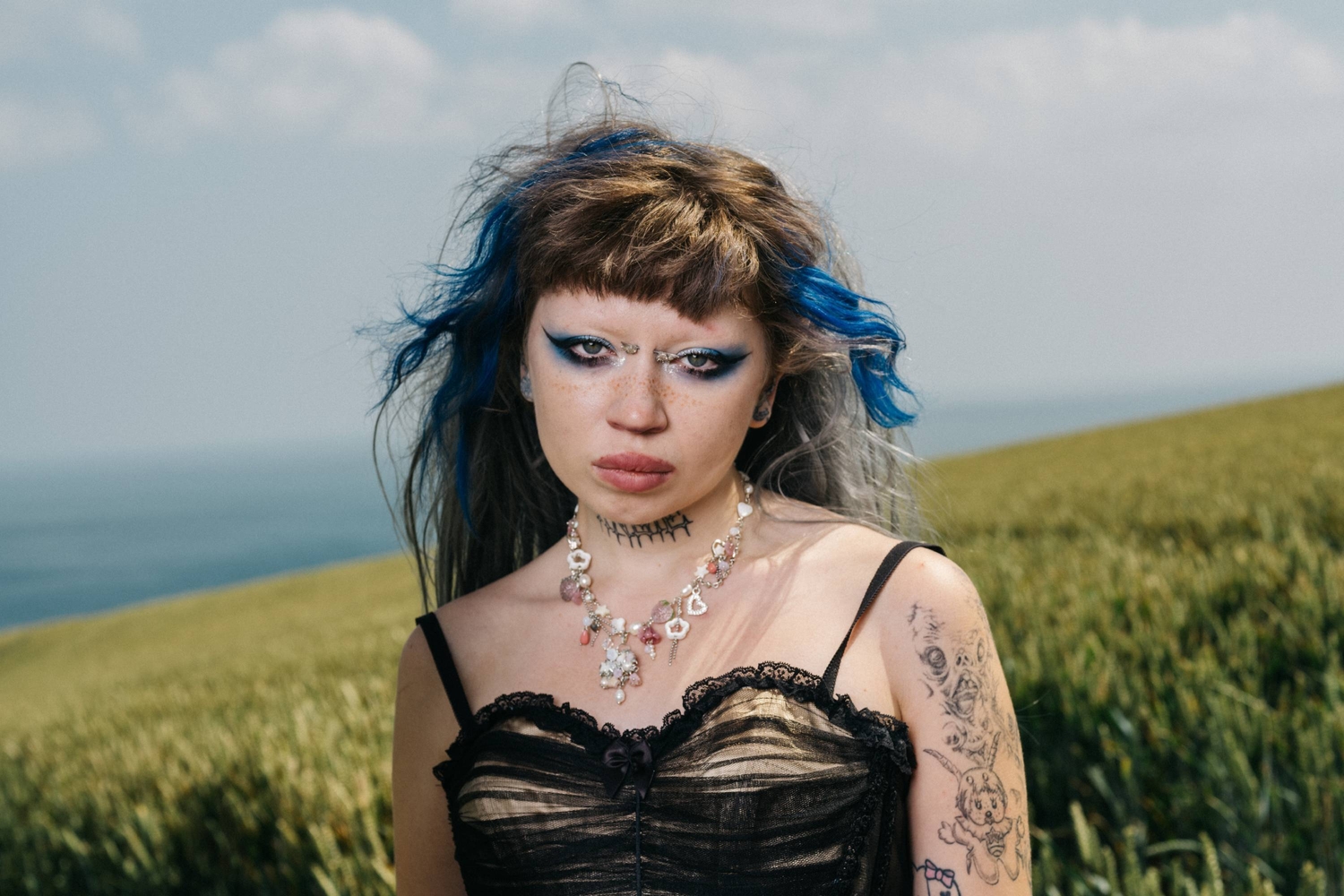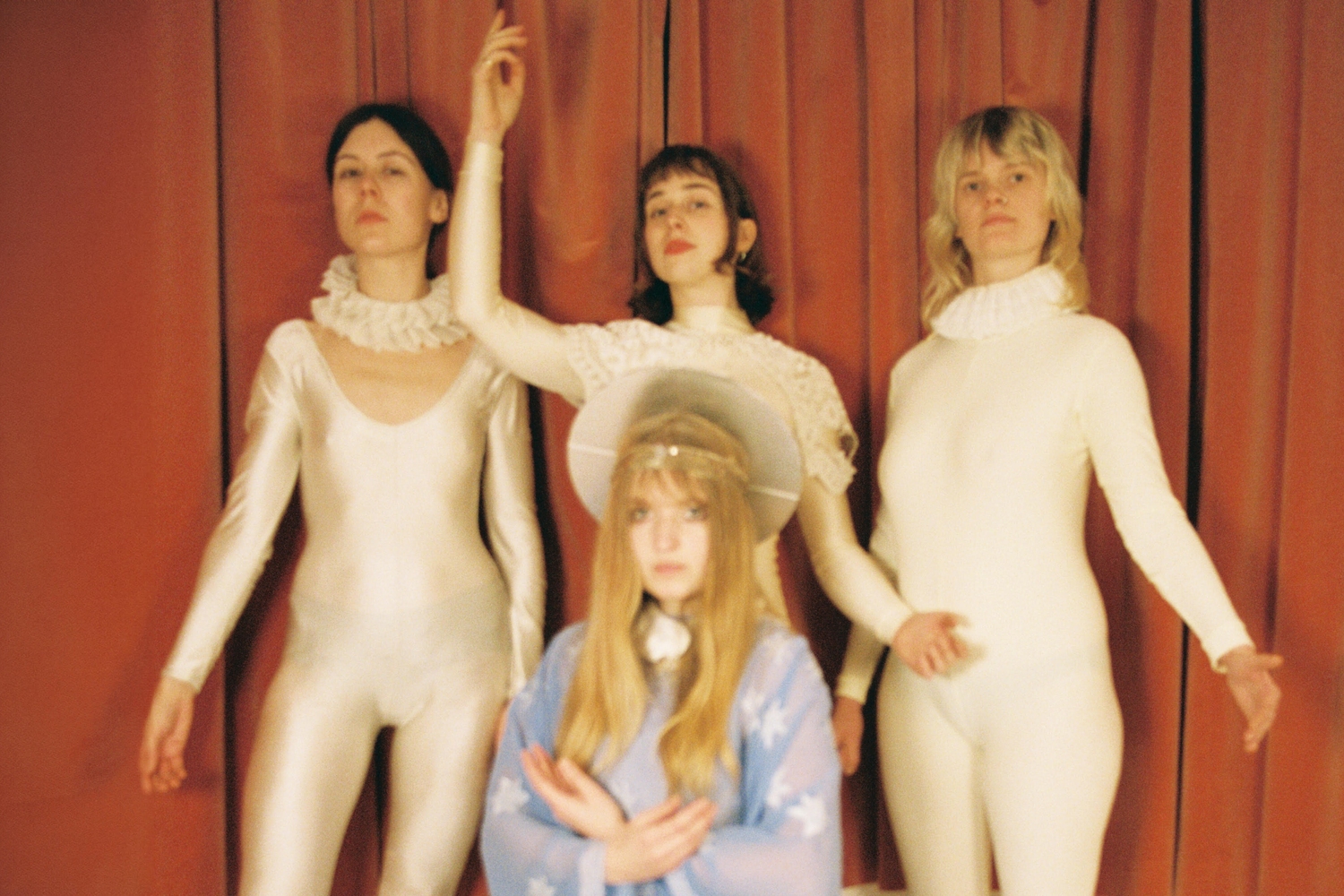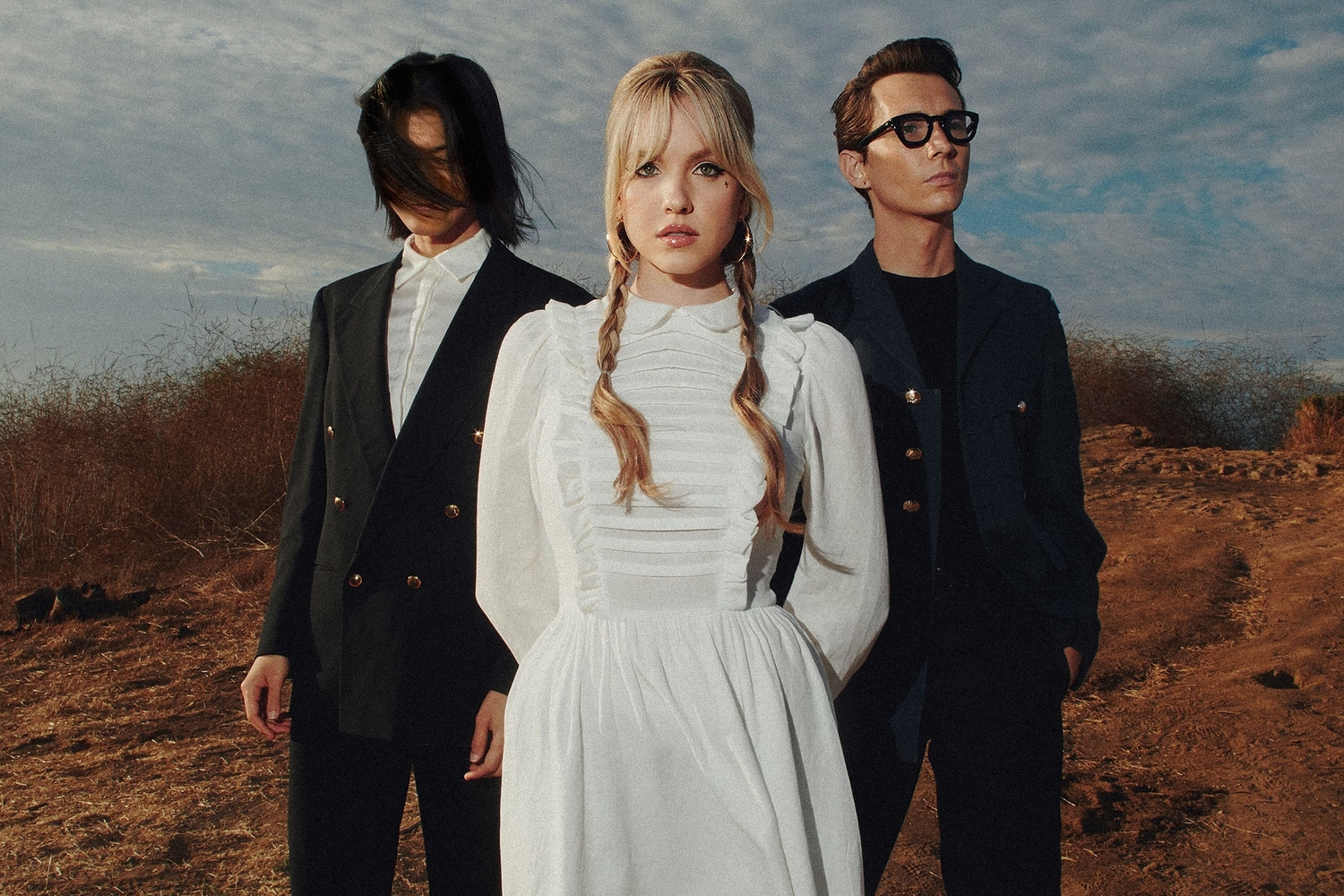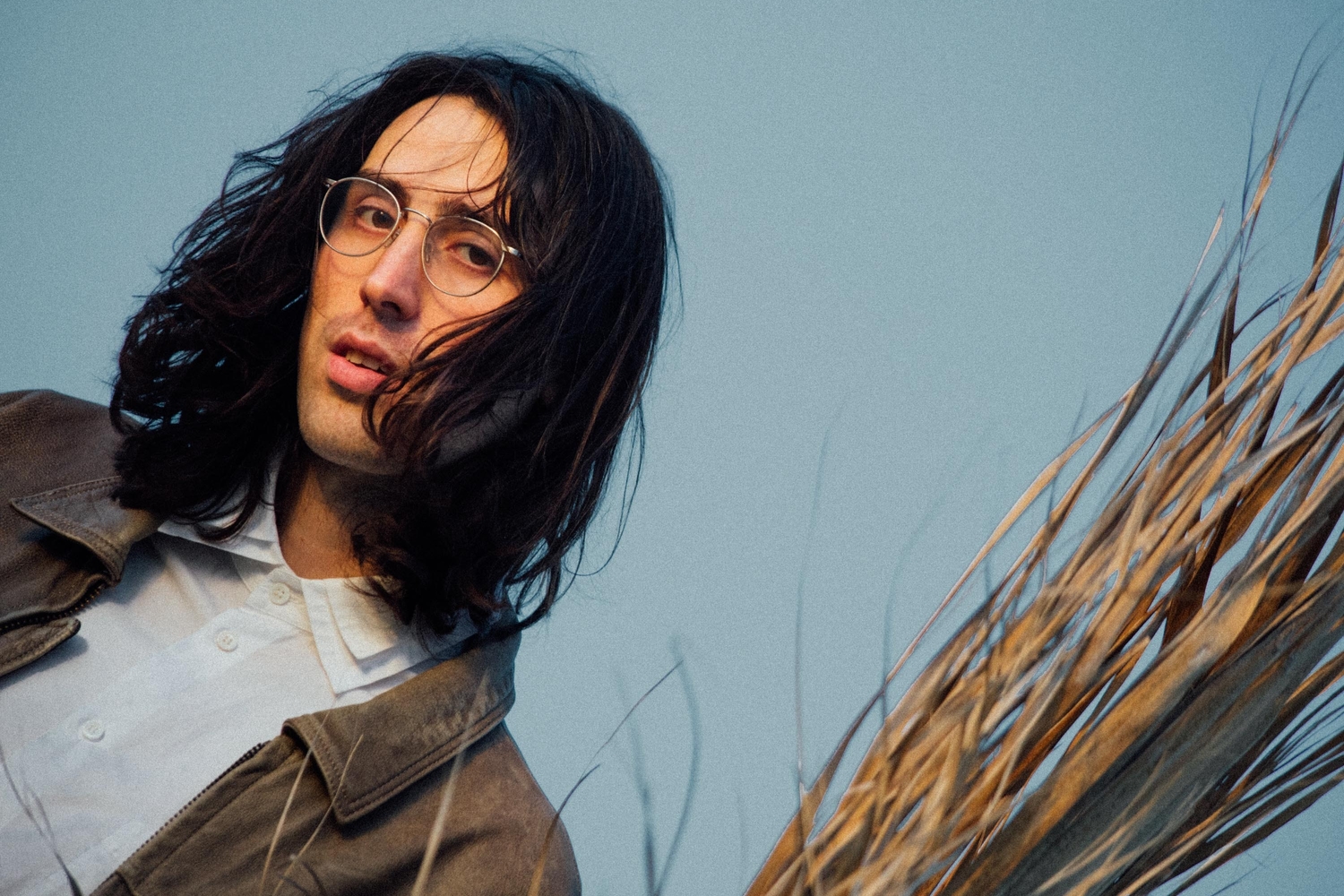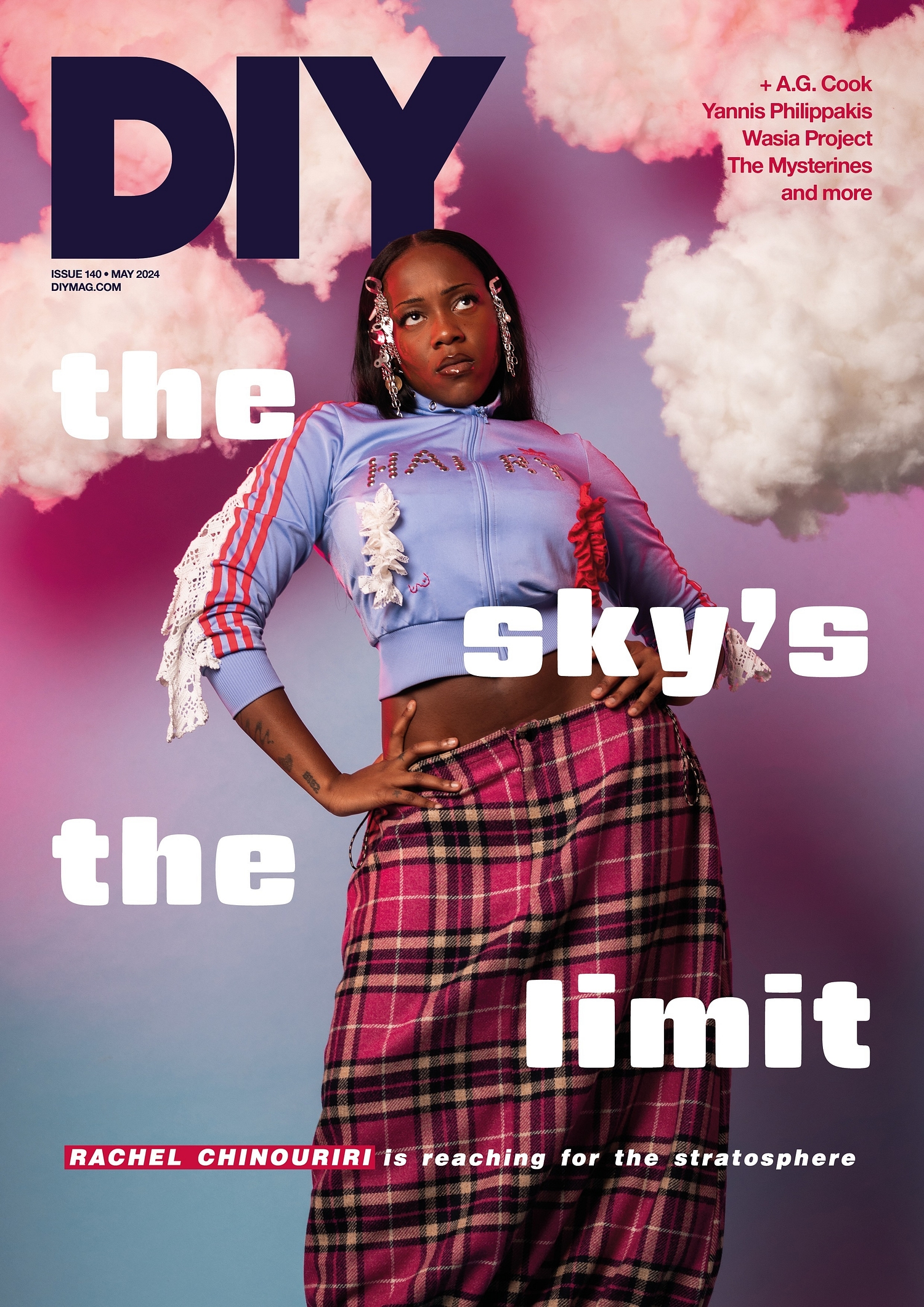Interview Tennis: ‘This Is Not A Reinvention But A Concerted Step Forward’
DIY speaks to singer Alaina Moore about swapping the coastal seas for the open road.
Tennis’ critical ascent early last year suddenly came out of nowhere, so much so that one of the most read articles regarding the band remains to this day as one entitled “Who’s this Tennis band that everybody keeps talking about?”. With little organised push behind them, the mystique of the twopiece - comprised of singer Alaina Moore and guitarist Patrick Riley - balanced upon their compelling backstory. Husband and wife, the pair embarked on an eight-month voyage along the Atlantic coast - from Florida to Baltimore. Returning home, they began writing songs reflecting their time at sea - a memoir that came to be 2011’s ‘Cape Dory’.
Journalists, we love this story. We lap it up like the leftover milk at the bottom of a cereal bowl early in the morning. It gives us a starting point of focus, it fills up a few hundred words to complete copy at short notice. But for the bands themselves, it must be exhausting - having to answer the same questions, repeat the same answers.
Tennis, however, seem to have gotten bored of the contents of their first press release pretty damn quickly. In the same vein as Bon Iver’s transformation from his ‘tortured artist recording in the woods’ backstory with his second album last year, Tennis’ follow-up effort ‘Young & Old’ is as much as a departure thematically. The record opens with “I took a train to / I took a train to get to you”, as if showing from the offset that this is going to be an album wholly different in story from their first. Instead it’s a record that shows the band coming to grips with the changes going on around them, and their time on the road rather than at sea.
You released your debut ‘Cape Dory’ just last year and your new LP ‘Young & Old’ is due next month - only a year and 1 month later. How was the gap in between the two - did you go straight from touring on the back of the last record to recording this one?
We did. The months surrounding the release of ‘Cape Dory’ felt very frenzied, as though things were moving at a much faster pace than we were able to meet. For some reason, after returning home from our first lengthy tour we just decided to just stop and write again. It felt like the only way to realign things for ourselves and regain some control. As much as we love our debut, we felt we had outgrown it in a lot of ways. Writing again proved to be a very cathartic experience and we were finished in two months time.
How long did this offering take to write in comparison to its predecessor? I’m guessing you were under a lot greater pressure when it came to this record.
The only pressure we felt was to create something that more closely represented our current selves. I can’t emphasise enough how important ‘Cape Dory’ is to us, but we hadn’t lived a seafaring life in nearly 2 years. We changed musically and emotionally, we also felt as though we had transformed from a duo to a 3-piece with the serious integration of James Barone into our band. Playing songs from the first album started to feel like re-living the past rather than expressing the present.
What made you choose Patrick Carney of The Black Keys to produce your album? Had you met him previously?
We had a connection to The Black Keys as label mates through Fat Possum. We had always loved the sound of their self-produced work and knew that Carney had engineered a lot of their catalogue. We wanted to work with someone who knew what it was like to record his or her own project - to understand the connection you have with what you write and the over-protective tendencies that would arise. We felt like he would handle that well, and he did. He had a good sense of when to give us freedom and when to push us to try new things. I think the result is a record that still sounds like us - not a reinvention - but a concerted, intentional step forward.
We last spoke to The Black Keys back in 2008 and they had one of the funniest and driest senses of humour, but how was the recording experience with Patrick? Any funny stories to tell?
We crammed our studio time into the middle of jam-packed schedules for both The Black Keys and ourselves, so we felt pressure to use our time efficiently. We didn’t take any time up front to get to know each other, we just launched into it. Within a few days we had established an incredible routine the allowed us to open up and really enjoy the experience. As it turns out, Carney is completely hilarious and refreshingly out-spoken. It felt good to make music with someone like that.
You travelled down south, to Nashville to be exact, to record the album. Was it actually written there too or in Denver? You’ve always been really complimentary of your hometown - how did going home after some time away influence the record?
The more time we spend away from Denver, the more we love it upon returning. We wrote ‘Young & Old’ in our bedroom at home but we knew we didn’t want to record in Denver again. I think it’s important to change your environment in order to keep things fresh. Nashville is so different from Denver, but very relaxed. It was the setting we needed.
How was recording in Nashville? Did you get the chance to explore your surroundings much or was it rather a 9-5 in the studio type situation? I hear they quite like their whiskey round those parts…
We didn’t get to see much of Nashville apart from the studio’s immediate surroundings unfortunately, but we met some amazing people through Carney and Roger Moutenout (Sound Engineer). That’s always the best part of being in a new city, I think.
Coming to the album in particular, ‘Cape Dory’ was the name of one of the places you visited on your previous travels - what does ‘Young & Old’ refer to this time around?
The title ‘Young & Old’ was inspired by the Yeat’s poem, ‘A Woman Young and Old.’ Writing the lyrics for this record was one of my greatest challenges. I had never really enjoyed poetry and felt very intimidated by the inherent restrictions of song lyrics. I began reading poetry for inspiration. I went back to the classics I had paid no attention to in college. For some reason, this Yeats’ poem struck me so deeply. I felt like I understood what he meant without even taking literal definitions into account. I love the way that the poem is broken up chronologically, and narrated from the perspective of youth to old age. I felt like I’ve grown a lot in the past year; like an old soul on a youthful endeavor, i.e. being in a band! So I approached each song from the perspective of youthful confidence and naivete progressing into the self-conscious, regretful sort of maturity that comes with age.
You’re sounding a lot fuller - sonically and in the way of instrumentation - on this album. Your vocals in particular are both crisper and clearer - was this a conscious decision to steer away from a sort of shoegazy aesthetic or was it just a byproduct of having higher production available to you this time around? The album also sounds more varied in terms of how each individual track relates to the one before and song after, what do you think is its connecting and cementing factor as a whole album?
We tried to chose instruments and tones that suited each song, without much of an overarching goal behind it. Each song on ‘Cape Dory’ was written to exist together and tell one story, so we recorded and mixed them in a unifying way. This time around we wanted each song to standout from the rest and appear distinct. We wanted more of an ebb and flow. I think that is what most accounted for the change.
Your first album was based on your experiences sailing from Florida to Baltimore, is this one based more upon your time touring and travelling on the road?
Absolutely. I drew from my most recent and meaningful experiences. From touring to writing, to comprehending and responding to fans and critics. These were all things I processed, particularly in songs like ‘My Better Self’ and ‘Traveling.’
Were you conscious of being pigeon-holed by the backstory behind your first record?
Yes, but I think almost every band deals with that. We didn’t realise the way in which people would latch on to certain details of our past to the point of being unable to see any other elements of who we are. I’ve sort of come to terms with that though. The immediacy of information about a band on the internet creates the illusion of truly knowing someone, but that’s simply not the case. Bands feel pressure to be transparent but they can never achieve a real transparency. That is essentially what the song ‘My Better Self’ is about. Accepting that I can’t genuinely transmit myself to our audience-only a small garbled message - alleviates some of the disappointment I feel at being misunderstood or pigeon-holed. On the other hand, when someone does seem to really connect with our music, it is one of the most incredible feelings I have ever experienced.
This album represents a growth in your band, from a sort of “bedroom project” to a fully blown band. Where do you see Tennis going from here?
We have admittedly no control over our future, so we try not to think very far ahead. I definitely feel like we have grown into ourselves in the last year, and are a ‘real’ band now. For the time being, that’s enough for me.
Tennis’ new album ‘Young & Old’ will be released on 13th February via Fat Possum/ATP Recordings.
Read More
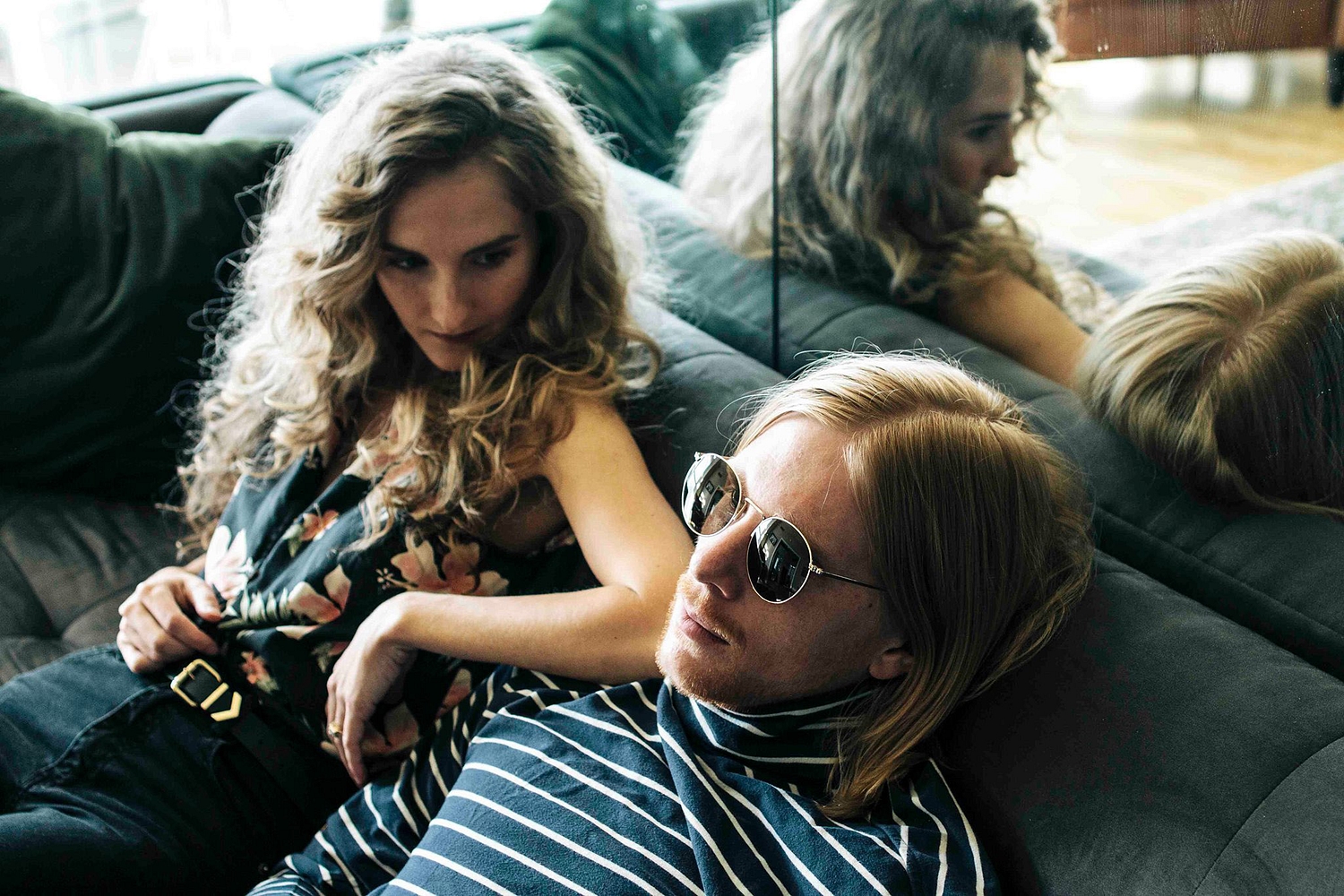
Tennis share new track, ‘Easter Island’
It’s about ‘places Patrick would like to sail to’, apparently.
7th April 2015, 12:00am
Tennis Plan US Tour
The band will be playing in support of their recent new album, 'Young & Old'.
18th July 2012, 7:01pm
Watch: Tennis Unveil New Video For ‘My Better Self’
To coincide with the release, they'll be playing a short string of UK dates in late May.
30th April 2012, 2:06pm
Tennis To Release New Single, ‘My Better Self’ / ‘Petition’
The double A-side will be out on 28th May.
18th April 2012, 9:51am
Popular right now
With Rachel Chinouriri, A.G. Cook, Yannis Philippakis, Wasia Project and more!
